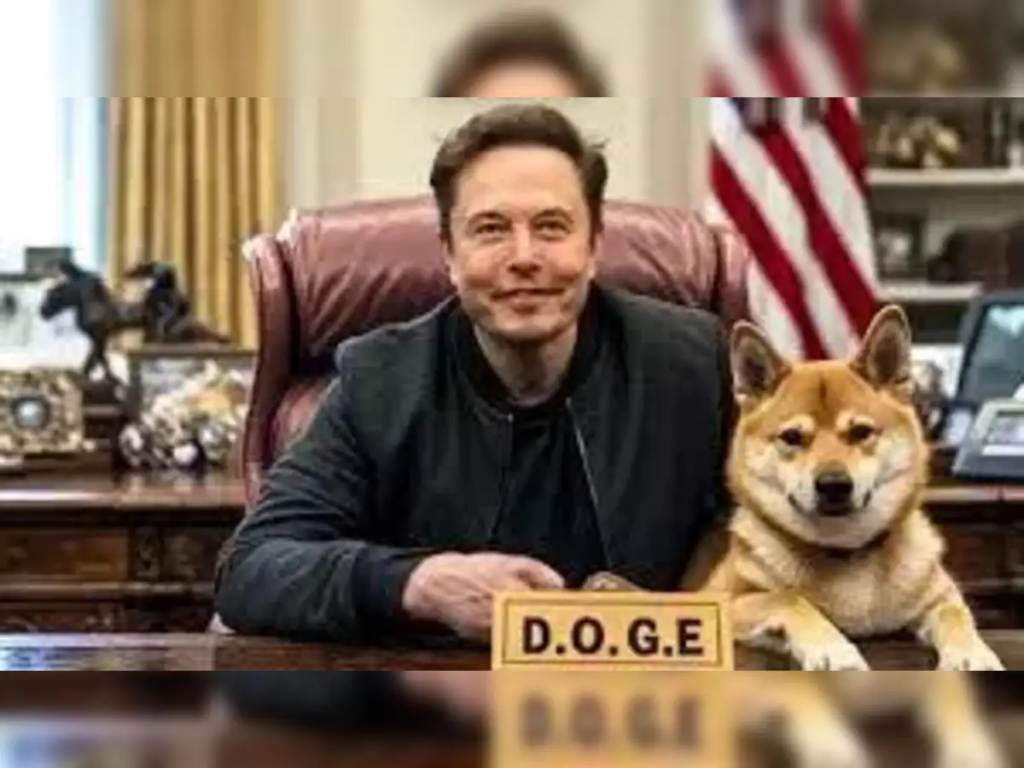The Algorithmic Axe: Elon Musk’s DOGE and the Crippling of AmeriCorps
The Sudden Shockwave: Impact on AmeriCorps and Community Service
The intersection of technological advancement and social responsibility has always been a complex and often contentious space. Recent reports of Elon Musk’s AI company, DOGE, slashing a $400 million grant to AmeriCorps has sent ripples of concern and outrage across the United States. This move, impacting thousands of volunteers dedicated to community service, raises critical questions about the power wielded by private tech giants and their obligations to the public good. It also illuminates the precarious dependence of vital social programs on the fluctuating priorities of corporate philanthropy.

The Fragility of Reliance: Corporate Grants and Social Program Sustainability
AmeriCorps, a national service program, has long been a cornerstone of American civic engagement. Its volunteers, working in diverse fields ranging from education and disaster relief to environmental conservation and healthcare, provide invaluable services to underserved communities. The sudden withdrawal of significant funding from a major player like DOGE throws these programs into disarray. The immediate impact is tangible: projects are scaled back, vital resources are depleted, and the morale of dedicated volunteers is inevitably shaken. The ripple effects extend further, potentially disrupting the delicate fabric of community support networks that rely on AmeriCorps’ presence. DOGE’s decision, purportedly driven by internal strategic shifts within the company, underscores the inherent volatility of philanthropic funding from the tech sector. While such contributions can be transformative, they are ultimately subject to the whims of corporate priorities and market fluctuations. The lack of long-term stability raises questions about the sustainability of relying on private sector largesse for essential public services. Furthermore, it highlights the growing concentration of power within a handful of tech conglomerates, whose decisions can have profound societal consequences.
Ethical Considerations: Corporate Citizenship and Social Impact
The ethical implications of this move are equally significant. While corporations are not obligated to shoulder the entire burden of social welfare, the scale of DOGE’s withdrawal raises concerns about its commitment to responsible corporate citizenship. The company, known for its ambitious AI projects, has a responsibility to consider the broader social impact of its actions. The argument that corporate decisions are solely driven by profit maximization overlooks the interconnectedness of business and society.
Building a Sustainable Model: Diversifying Funding for Public Service
The situation also brings to the forefront the need for a more robust and diversified funding model for public service programs like AmeriCorps. Relying heavily on unpredictable corporate grants leaves these vital initiatives vulnerable to sudden disruptions. A more sustainable approach would involve a combination of government funding, diversified philanthropic contributions, and community-based support. This would create a more resilient ecosystem, capable of weathering the fluctuations of the corporate landscape.
A Call for Responsible Innovation: Balancing Technology and Social Responsibility
In the aftermath of DOGE’s decision, it is imperative to engage in a broader conversation about the role of technology companies in shaping the social fabric. While innovation and profit are essential drivers of progress, they must be balanced with a sense of social responsibility. The impact on AmeriCorps serves as a stark reminder that the pursuit of technological advancement should not come at the expense of vital public services and the dedicated individuals who serve their communities. The algorithmic axe that fell on AmeriCorps highlights the urgent need for a more equitable and sustainable model of social support, one that transcends the volatile currents of corporate philanthropy.




















